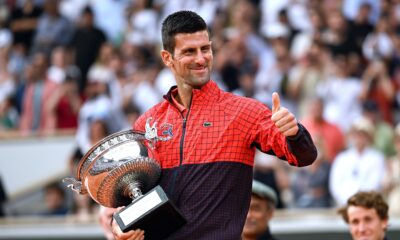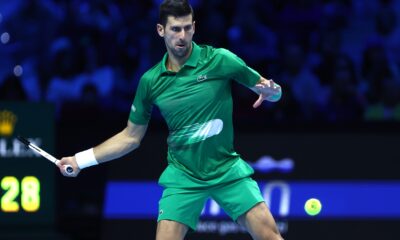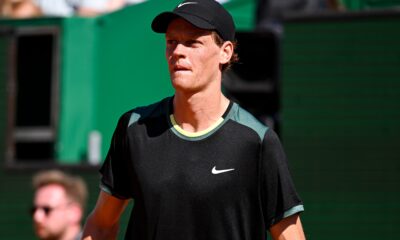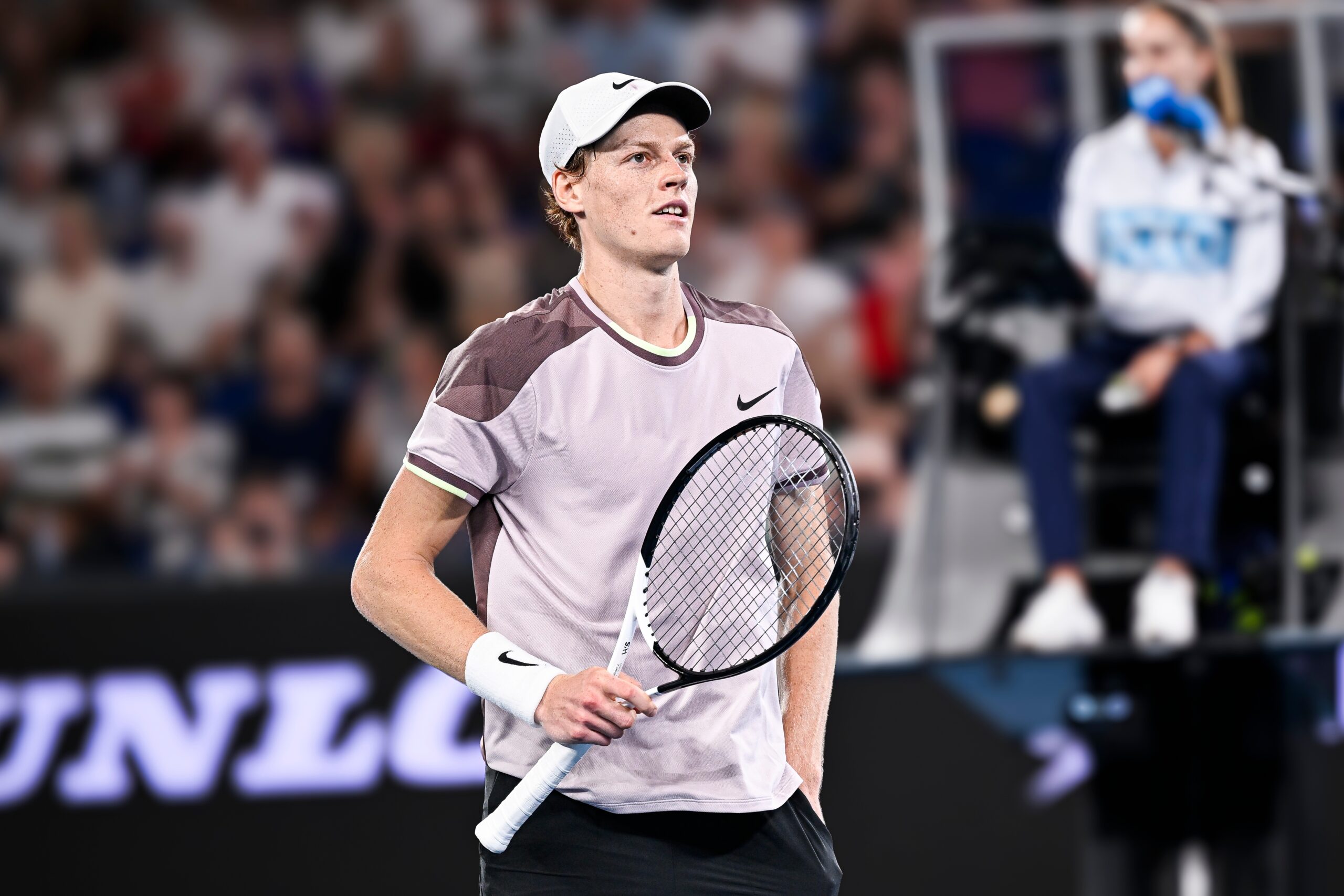Tennis
Wimbledon Top Seed Sinner Leads Italian Tennis Renaissance
Jannik Sinner, Italy’s first top seed at Wimbledon, symbolizes a broader Italian tennis renaissance driven by decentralized training, increased grassroots participation, and substantial support from the Italian tennis federation.
More in Tennis
-


Tennis Players’ Union Takes Legal Action Against Governing Bodies Over Fairness and Safety Concerns
The Professional Tennis Players Association (PTPA) has initiated legal action against the ATP, WTA,...
-


Title: Tennis Elite Demand Reform in Anti-Doping Practices as Inconsistencies Persist
Amid growing concerns over inconsistent doping penalties, tennis icon Novak Djokovic is demanding a...
-


Tennis’s Top Earners: Who Dominated the Financial Court in 2024
From Jannik Sinner's record-shattering earnings to Coco Gauff's stellar rise, we delve into the...
-


WTA Suspends Stefano Vukov Amid Code of Conduct Investigation: Implications for Elena Rybakina
Elena Rybakina faces a critical juncture as her former coach, Stefano Vukov, is provisionally...

















